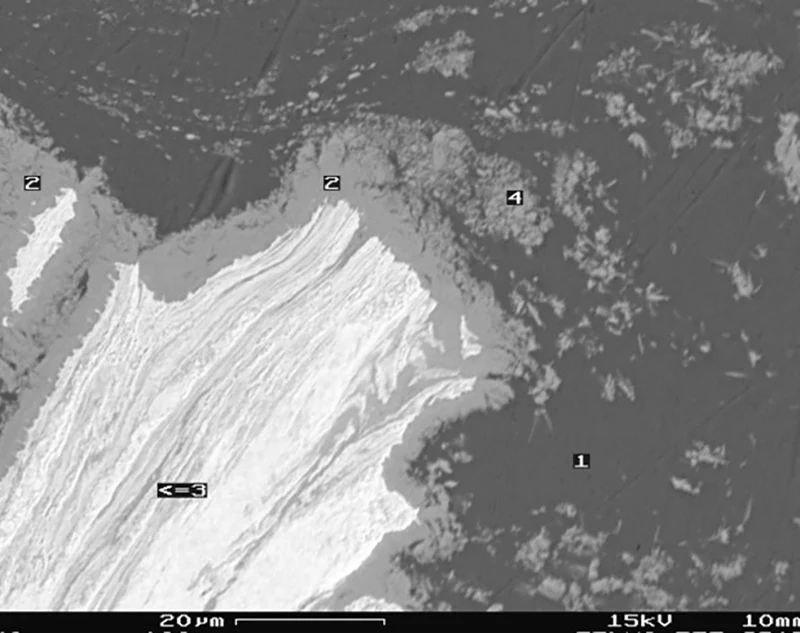
Friction Stir Spot Welding (FSSW)
Spot-welding technology for similar and dissimilar materialsFSSW – Functional principle
Friction Stir Spot Welding (FSSW) is a variant of friction stir welding. A rotating tool is pressed with high force into the top of two sheets that lie on top of each other in an overlap joint. The frictional heat and high pressure plasticize the material so that the tip of the pin plunges into the joining zone between the two sheets. The shoulder of the tool applies high forging pressure, which causes the components to metallurgically bond together without melting. The tool is usually only plunged into the sheets in the z-direction until the shoulder is in contact with the surface of the top sheet. After a short dwell time, the tool is pulled out of the workpieces again so that a weld spot can be created approximately.
Friction stir spot welding is usually carried out with a console, or a robot.

FSSW Applications
- Car doors, tailgates, roof panels in Japanese passenger cars
- Rolled aluminum sheet on extruded profiles for the aluminum doors on off-road vehicle
- Pole connector between positive pole (aluminum) and negative pole (copper) for batteries
- Highly dynamically loaded crash-relevant components
- Aluminum-steel connections in lightweight automobile construction
- Steel side impact protection in aluminum doors
- Aluminum tabs on cast or forgings of Italian small cars
- Extruded aluminum profiles on steel pipes in bus construction
- Compounds of high-alloy chromium-nickel steel in lap joints

The advantages of Friction Stir Spot Welding
- High joint strength
FSSW produces welds with excellent mechanical properties, due to no solidification and a forged, fine-grained microstructure. - Excellent fatigue behavior
FSSW generates a fine-grained forged microstructure in the joint line, which lead to excellent fatigue properties. - Joining dissimilar materials
FSSW can join dissimilar materials due to the low heat input high forcing action, including different aluminum alloys, like wrought aluminum to aluminum cast or aluminum to steel or copper, and even advanced composites. - High electrical conductivity
FSSW produces welds with high electrical conductivity. - Environmentally friendly
FSSW produces no fumes, gases, or radiation; no protective gas, additional material or preparation of the joining edges required. - Automatization
easy to automate and monitor because it´s a mechanic mixing process.

WELDABLE COMPONENTS
- Car doors, tailgates, roof panels in Japanese passenger cars
- Rolled aluminum sheet on extruded profiles for the aluminum doors on off-road vehicle
- Pole connector between positive pole (aluminum) and negative pole (copper) for batteries
- Highly dynamically loaded crash-relevant components
- Aluminum-steel connections in lightweight automobile construction
- Steel side impact protection in aluminum doors
- Aluminum tabs on cast or forgings of Italian small cars
- Extruded aluminum profiles on steel pipes in bus construction
- Compounds of high-alloy chromium-nickel steel in lap joints
Weldable Materials
- Aluminum in all different alloy groups
- Aluminum of different manufacturing processes (e.g. cast and wrought alloys)
- Aluminum / Copper
- Aluminum / Steel
- Aluminum / Magnesium
- Copper / Steel
- Thermoplastics
Applications for FSSW

E-Mobility

Charging Systems

FOR FSW PROTOTYPE PRODUCTION AND MACHINERY
Your contact person: Dominik Kaineder
Are you interested in determining the feasibility of a new concept using Friction Stir Welding? Or do you require assistance in choosing the most-sufficient system for serial production for your application?
Please contact us directly - we'll gladly provide guidance and support.